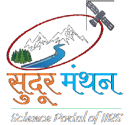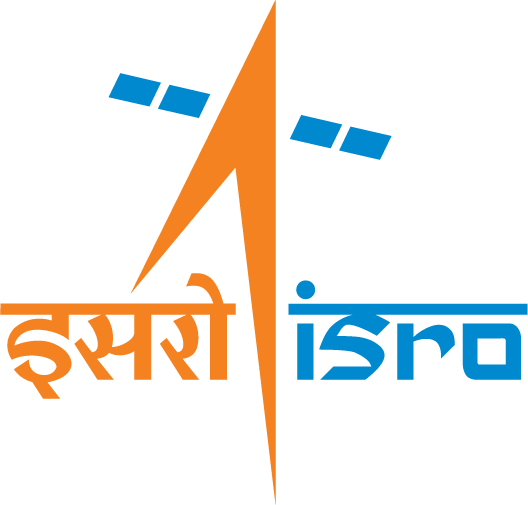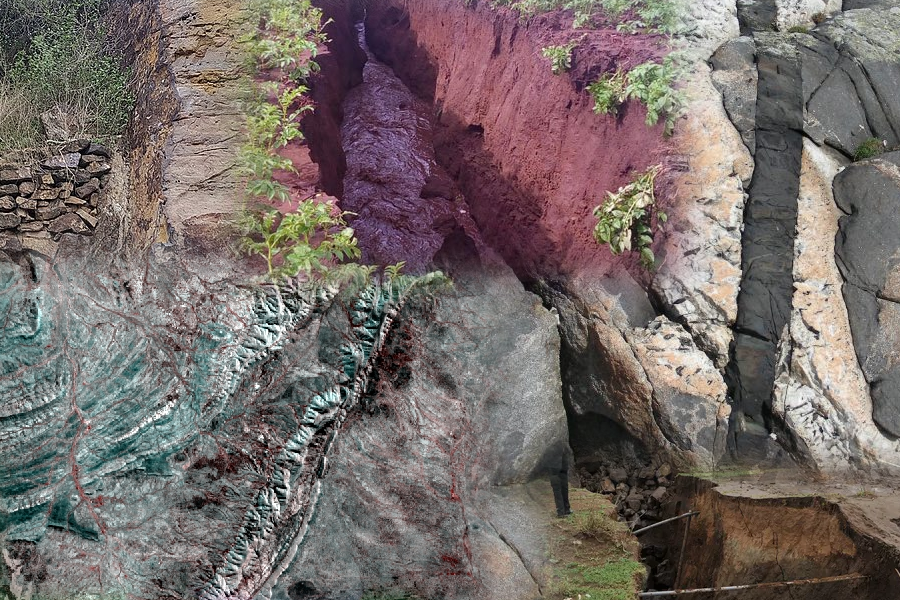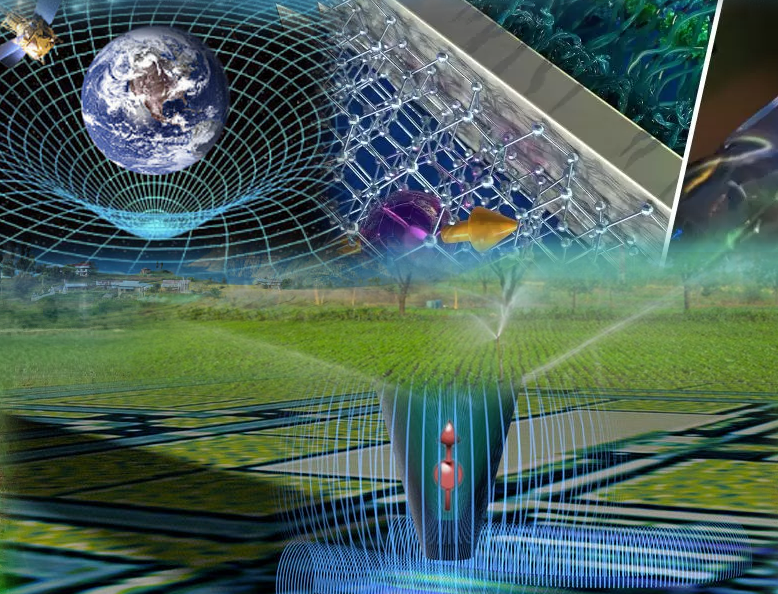Remote Sensing with Unmanned Aerial Vehicles (Drones)
Remote sensing refers to the technique of capturing information at a distance (remotely) by specific instruments (sensors). Traditionally, remote sensing has been associated with satellites or manned aircraft with a set of airborne sensors. In the last decade, the increasing developments and improvements in unmanned platforms, together with the development of sensing technologies installed on drones, provide excellent opportunities for Continue Reading »







